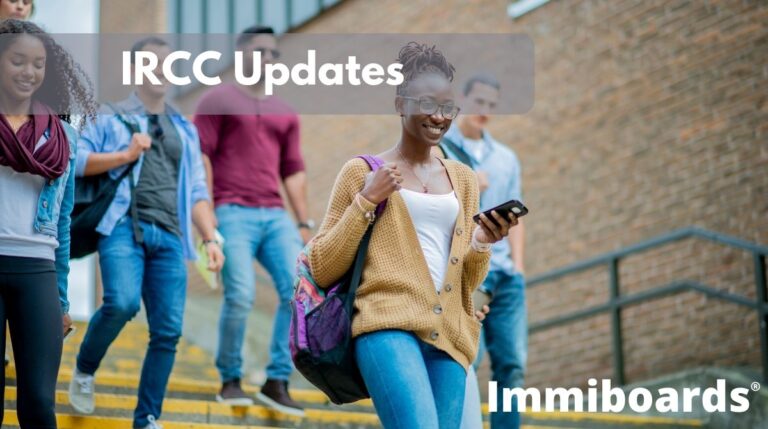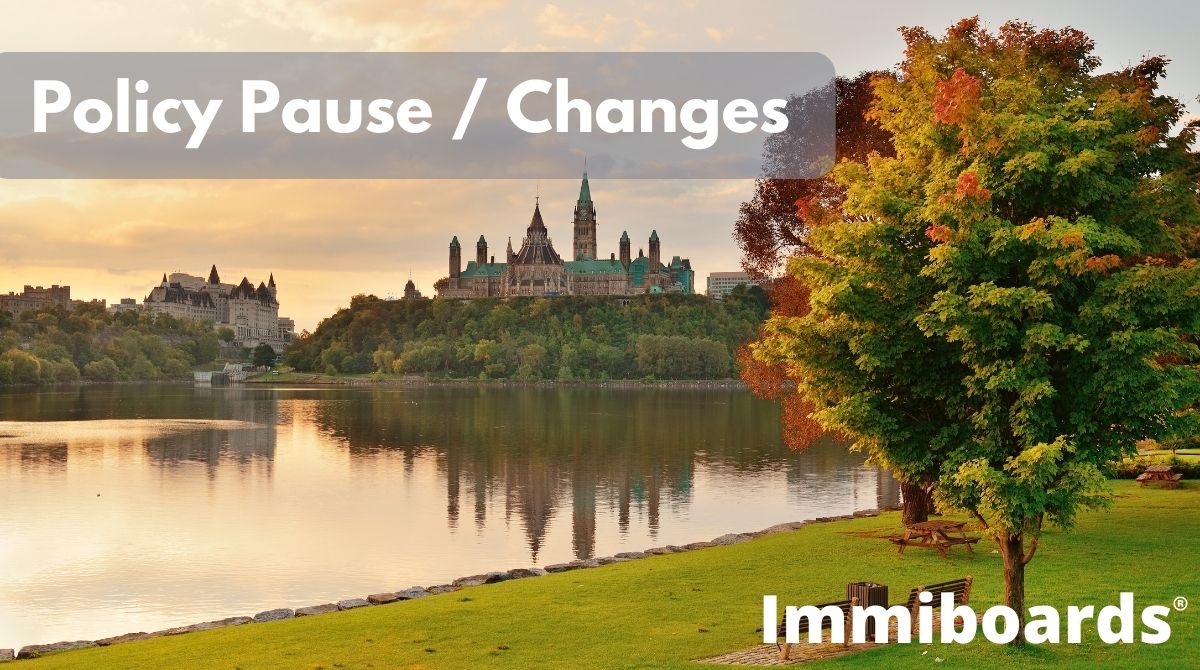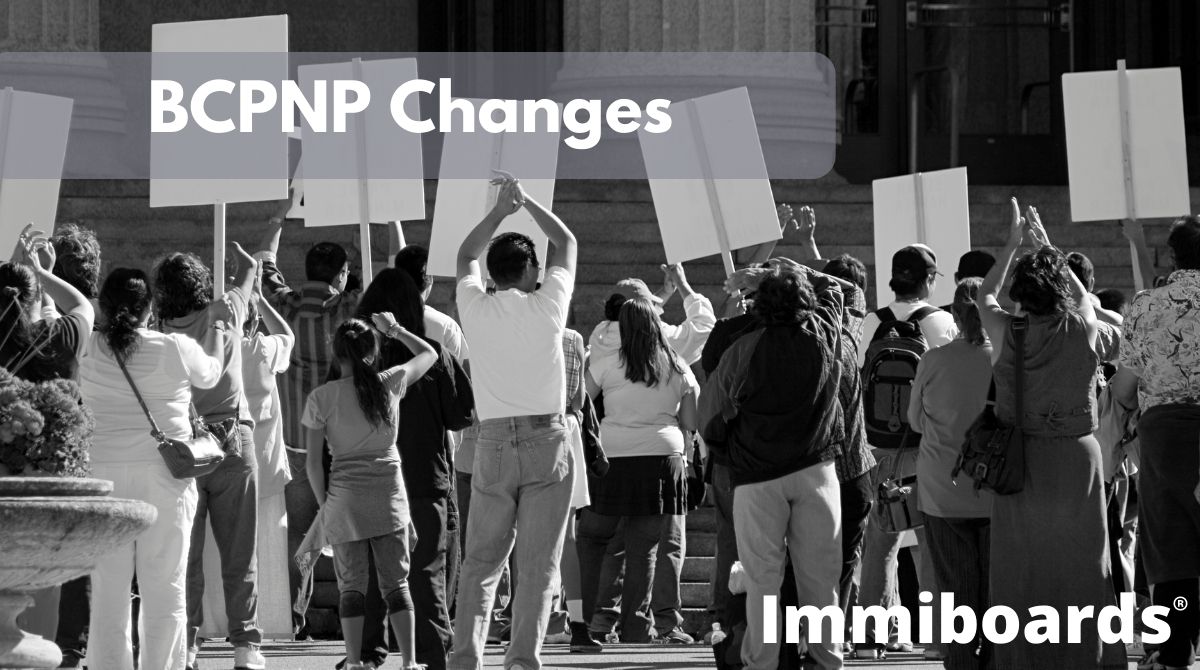Ottawa, March 25, 2024 – In a series of significant policy shifts, the Canadian government has announced substantial changes to its immigration framework, particularly affecting international students, their spouses, and provincial nomination programs. Set to take effect in the coming months, these changes signal a tighter immigration policy with an aim to streamline the influx of temporary residents and bolster domestic workforce engagement.
Restrictions on Public Private Partnership Program Graduates
Effective May 15, 2024, international students graduating from programs under the Public Private Partnership (PPP) will no longer be eligible for the Post-Graduation Work Permit (PGWP). This move is expected to influence the decision-making of prospective international students, who often see PGWP eligibility as a critical factor in choosing Canadian educational institutions.
Spouse Open Work Permit Restrictions
Starting March 19, 2024, spouses of international students will face new restrictions on obtaining a Spouse Open Work Permit (SOWP). Under the new policy, SOWPs will only be issued to spouses of international students enrolled in professional degrees, master’s, or doctorate programs. This adjustment aims to tighten the eligibility criteria for work permits granted to family members of international students.
British Columbia Provincial Nominee Program Adjustments
The British Columbia Provincial Nominee Program (BC PNP) has introduced changes to its streams. Starting January 2025, the current pathways will be replaced by Bachelor’s stream for recent graduates of a bachelor program, Master’s stream for recent Masters graduate and Doctorate Streams.
For the Bachelor’s stream, a job offer of an undetermined period will now be required. For the Master’s stream, applicants must secure a job offer of at least one year. Notably, the Doctorate stream will not require a job offer.
Alberta Provincial Nominee Program Overhaul
Alberta has revised employer requirements across all streams necessitating a job offer.
Labour Market Impact Assessment Validity and Processing
Beginning May 1, 2024, the validity period for Labour Market Impact Assessments (LMIAs) will revert to six months. Applicants must apply for a work permit or claim points in the Express Entry profile within this timeframe. This policy does not affect the validity period of issued work permits but aims to expedite the hiring process.
Domestic Selections and Reduction in Temporary Residents
In a bid to reduce the number of temporary residents, Canadian provinces may prioritize domestic selections in upcoming immigration draws, potentially leading to the revival of the Canadian Experience Class (CEC) draws. The government targets a 20% reduction in temporary residents within three years, decreasing from the current 6.2% of the population (2.7 million) to 2 million. Notably, 42% of temporary residents are international students, with an additional 10% being their spouses.
These policy changes represent a significant shift in Canada’s immigration strategy, aiming to balance the need for a skilled workforce with the realities of a growing temporary resident population. While these changes may present challenges for international students and their families, they underscore Canada’s commitment to a sustainable and focused immigration policy.






